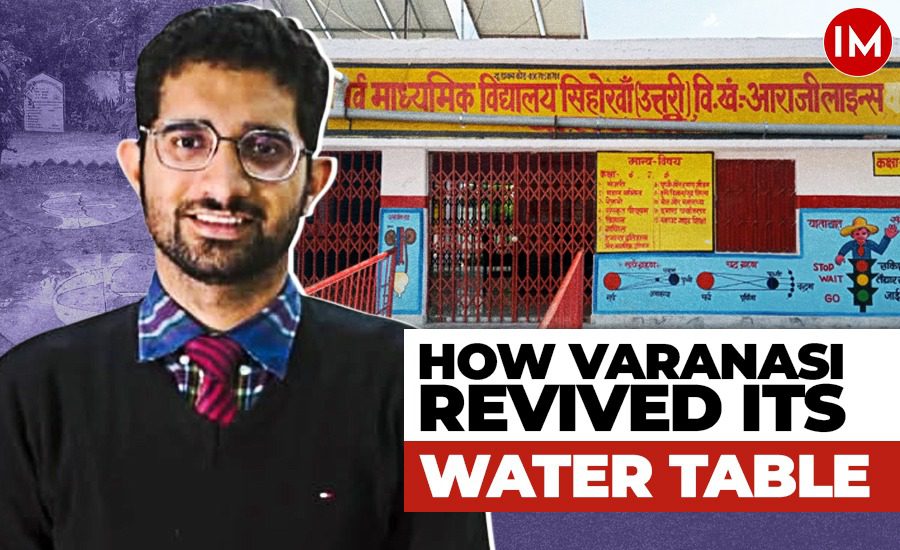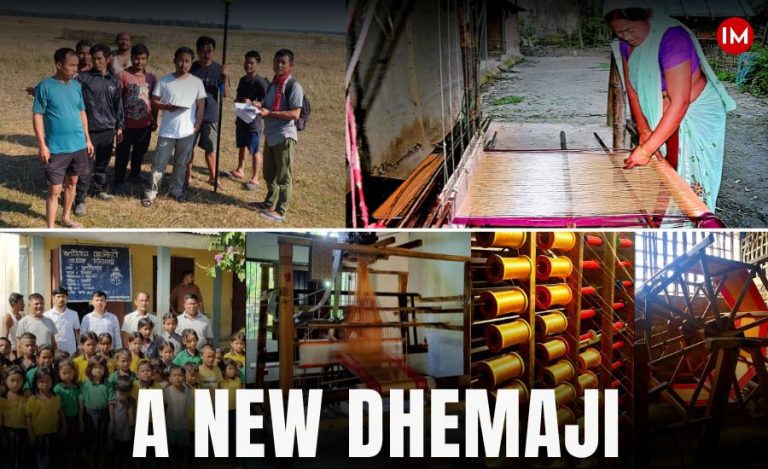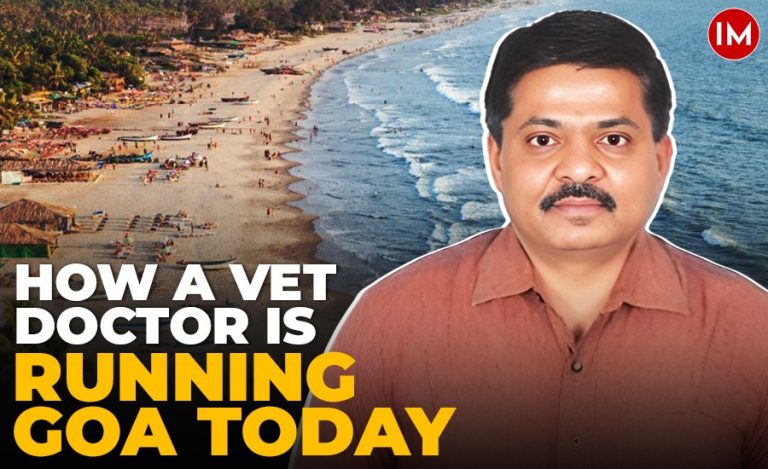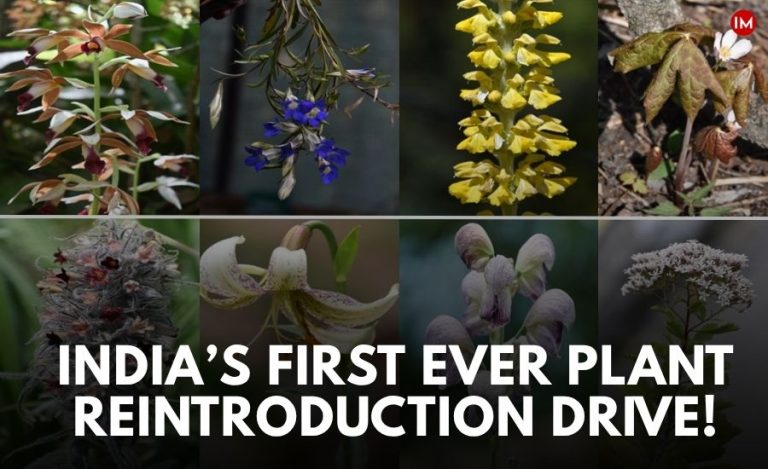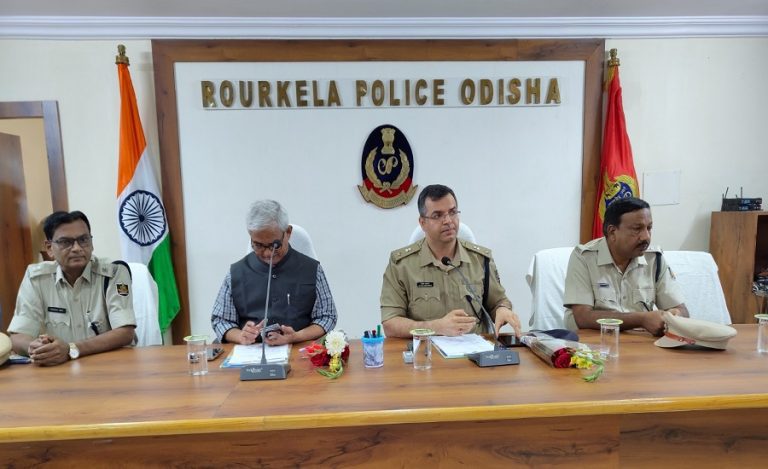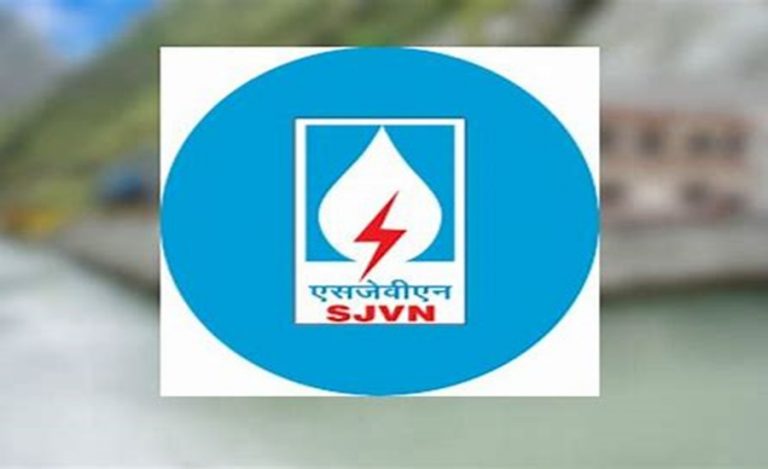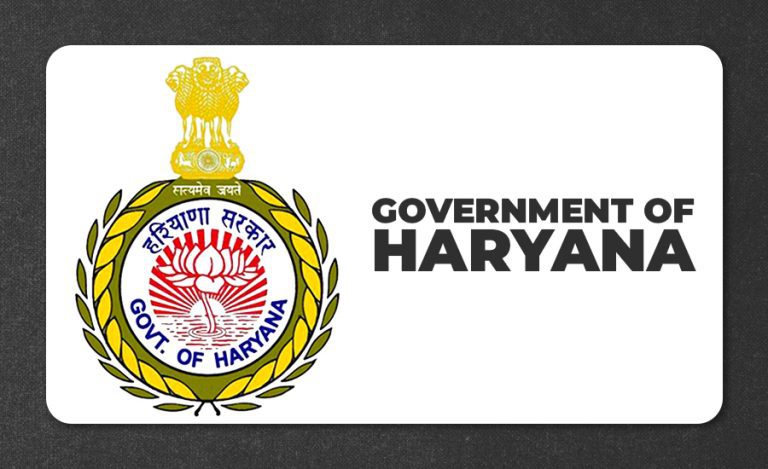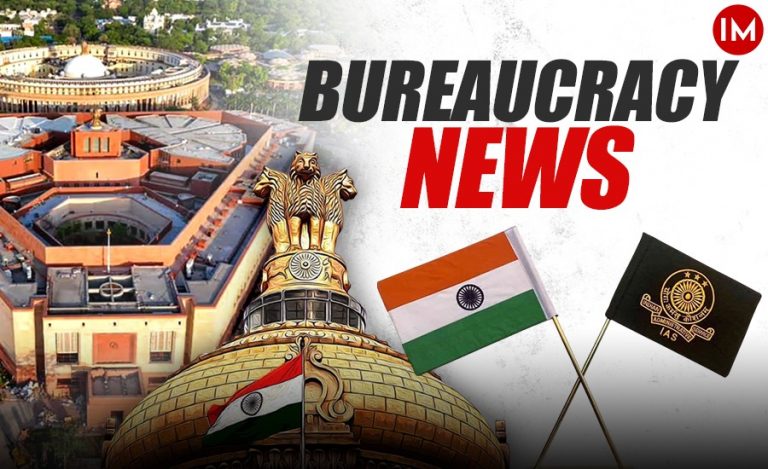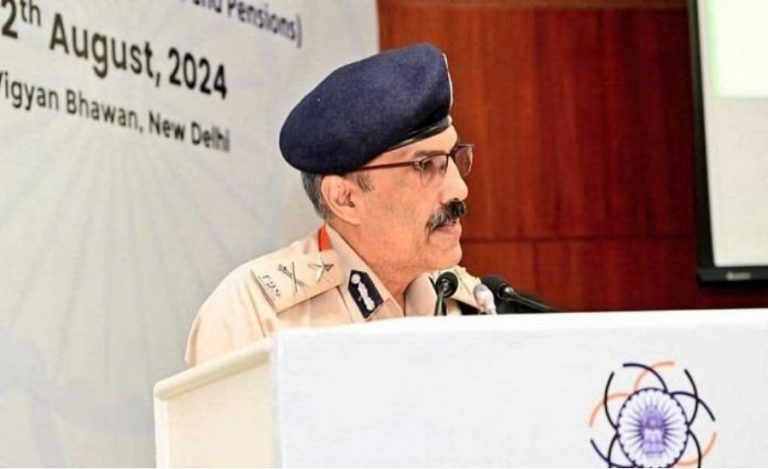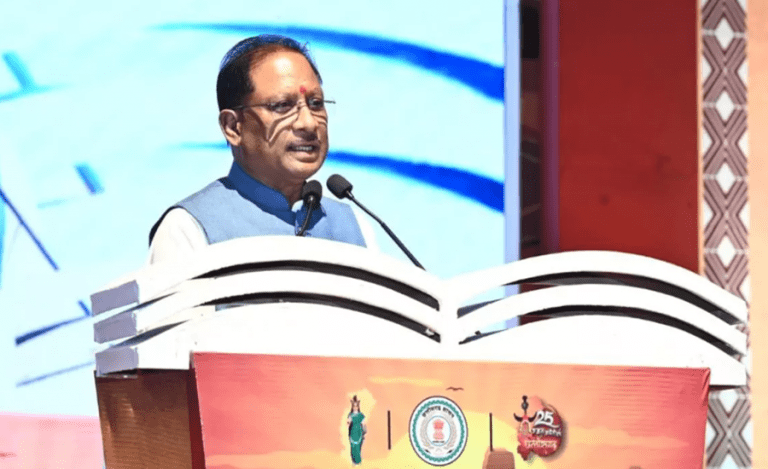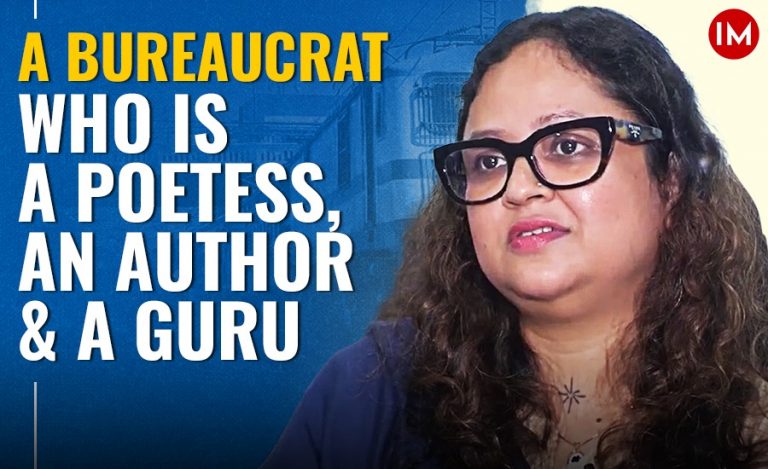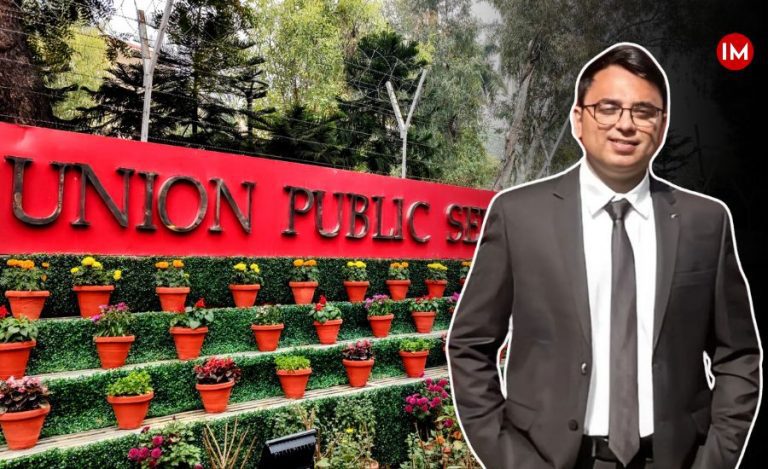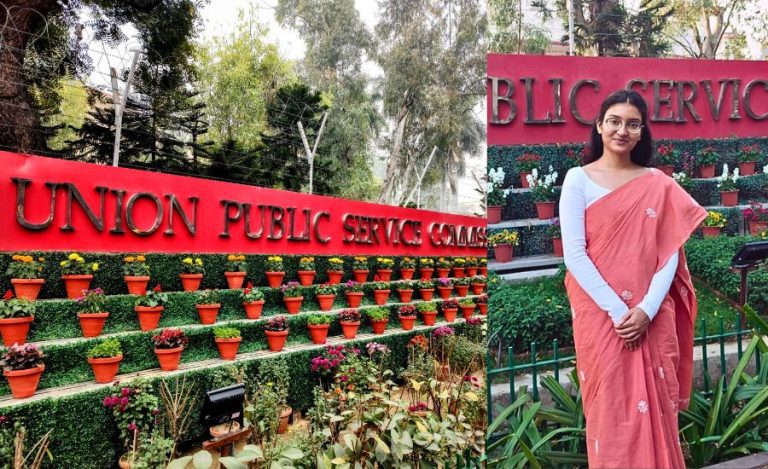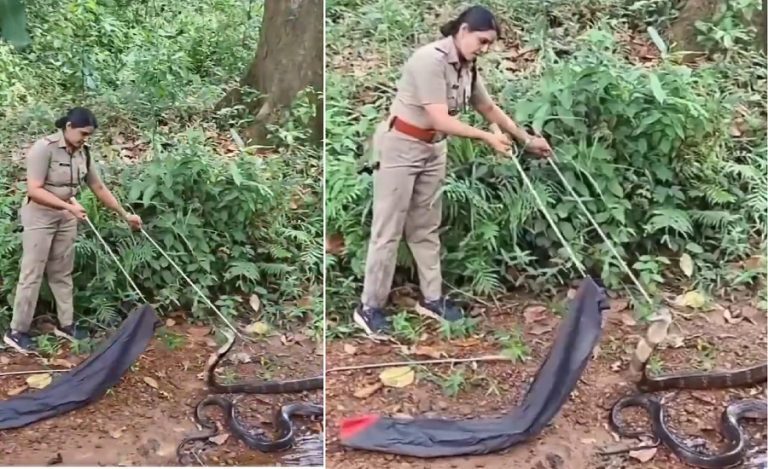Varanasi, the ancient city steeped in history and religion, was facing a modern-day crisis – a depleting groundwater table. Three of its eight development blocks were classified as “dark zones,” indicating severe water scarcity. However, a determined initiative by the Chief Development Officer (CDO), led by IAS officer Himanshu Nagpal, has turned the tide.
Speaking with Indian Masterminds, Mr. Nagpal shared about the initiative.
THE PROBLEM
The crux of the problem lay in the excessive reliance on groundwater. Many industries, hotels, and establishments freely extract water through borewells, often without proper authorization (NOC) or rainwater harvesting systems in place. This unsustainable practice further strained the already stressed aquifers. The administration’s innovative project aimed to address this very issue.
MULTI-PRONGED APPROACH
Before 2022, the scenario was bleak. NOC issuance hovered around a meager 20 annually, and rainwater harvesting efforts were negligible. Recognizing the urgency, the administration embarked on a multi-pronged approach.
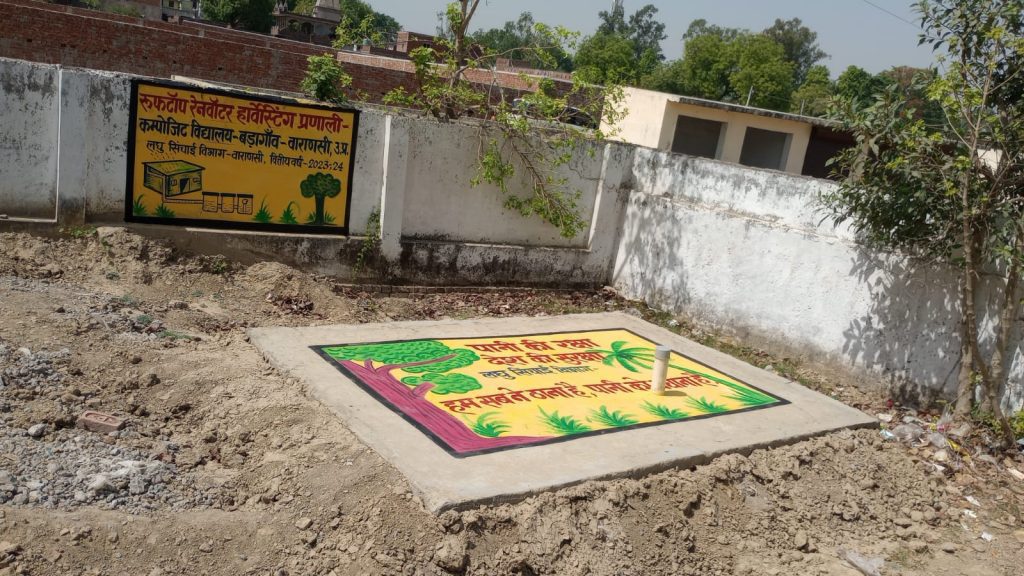
The project unfolded in a multi-pronged manner. “Firstly, we rejuvenated the Varuna and Nad rivers, the lifeblood of the region. This aimed at restoring their natural flow and replenishing groundwater reserves,” Mr. Nagpal shared.
Further, the officer and his team launched an extensive awareness campaign to educate establishments about the importance of water conservation and the regulations surrounding borewells. This campaign successfully identified over 1,000 establishments that required NOCs and rainwater harvesting systems.
But awareness wasn’t enough. To bridge the knowledge gap, workshops were conducted, meticulously guiding these establishments through the NOC application and rainwater harvesting installation processes. This resulted in a significant shift – 450 establishments secured NOCs and implemented rainwater harvesting systems on their premises.
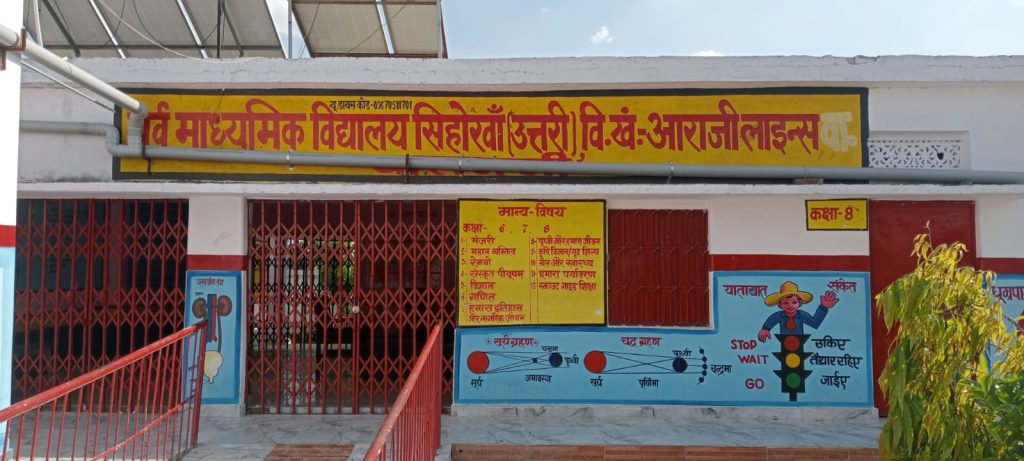
ALTERNATIVE OPTIONS
“To address this issue, we have issued over 500 notices to these organizations, mandating the installation of rainwater harvesting systems on their campuses. For those lacking the capability or adequate space to implement such systems, we provided an alternative solution: they could deploy rainwater harvesting systems at designated government buildings, including schools, inter-colleges, degree colleges, or hospitals,” Mr. Nagpal shared.
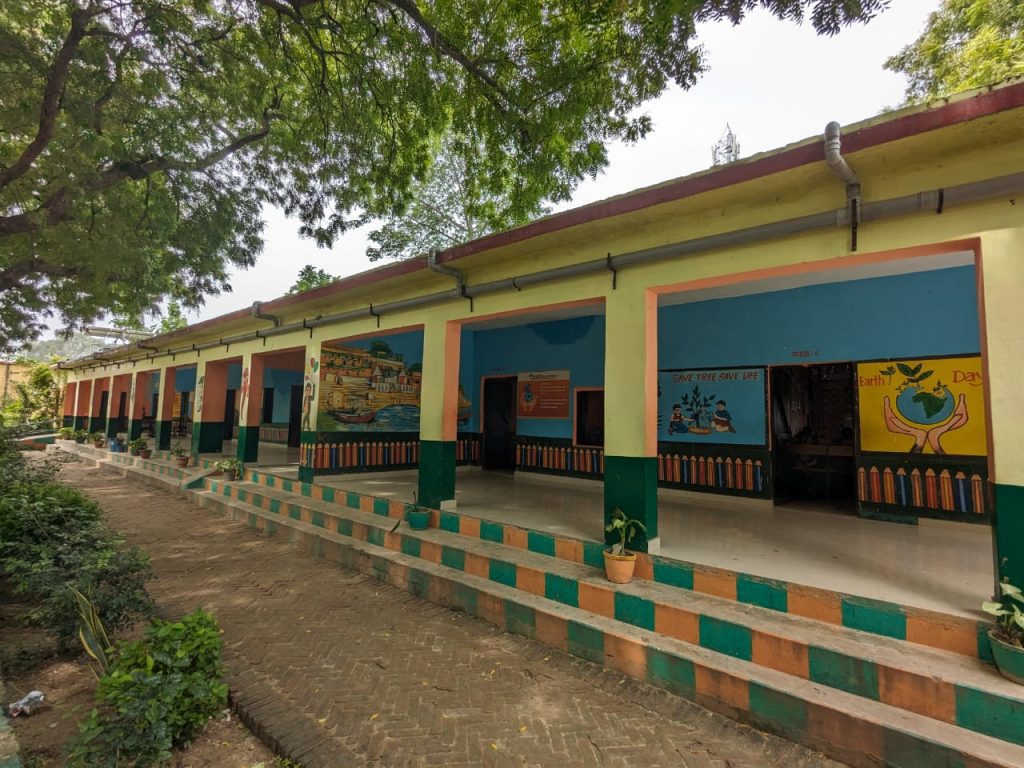
This ingenious approach facilitated the creation of over 5 lakh square meters of rainwater harvesting systems across 304 government buildings. This not only addressed the space limitations but also created a network of decentralized water storage facilities within the city.
SUCCESS
The success of the campaign is undeniable. The annual issuance of NOCs has witnessed a phenomenal leap, rising from a mere 15-20 to a staggering 250-300. This surge reflects a growing commitment to responsible water management practices. Additionally, for those who failed to comply within the stipulated time frame, over 150 boring systems were sealed, with the remaining ones facing similar consequences.
The positive impact is already being felt. Within a year, one of the three “dark zones” has managed to escape this critical category. The relentless efforts have also resulted in a notable improvement in the groundwater table, which has risen by three meters in the last three years.
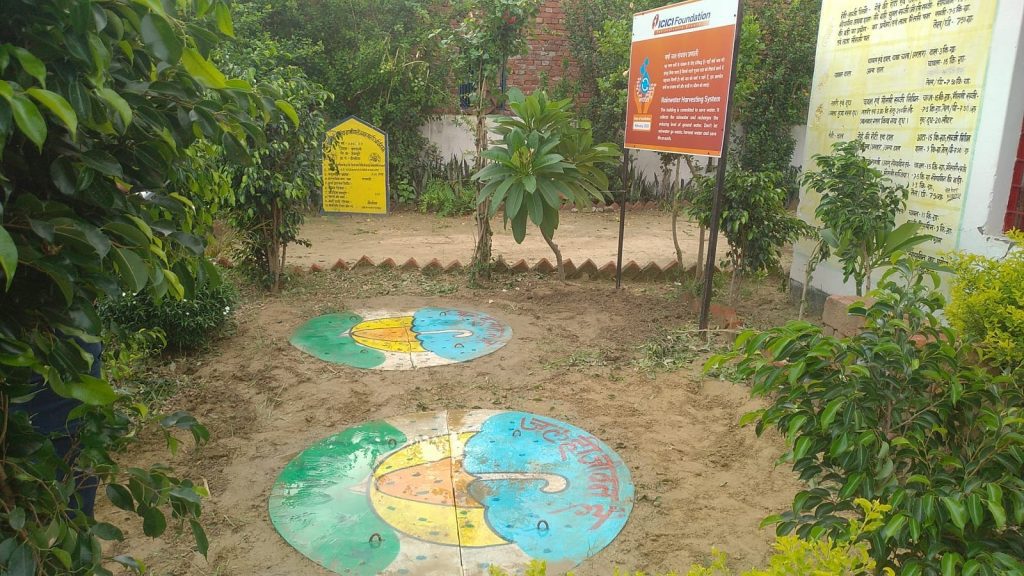
CHALLENGES
Financial limitations, a common hurdle in large-scale initiatives, were addressed through a strategic partnership with private entities. Mr. Nagpal shared that this collaboration “converged funds” from the government and private partners, ensuring robust financial backing for the project’s long-term sustainability.
By engaging various stakeholders – industries, establishments, government departments, and private partners – the initiative achieved a remarkable turnaround in the city’s water security. It serves as a model for other water-stressed regions, offering a replicable framework for environmental conservation and sustainable water management. Mr. Nagpal concludes, “We are trying to bring out all the dark blocks from the category.”

